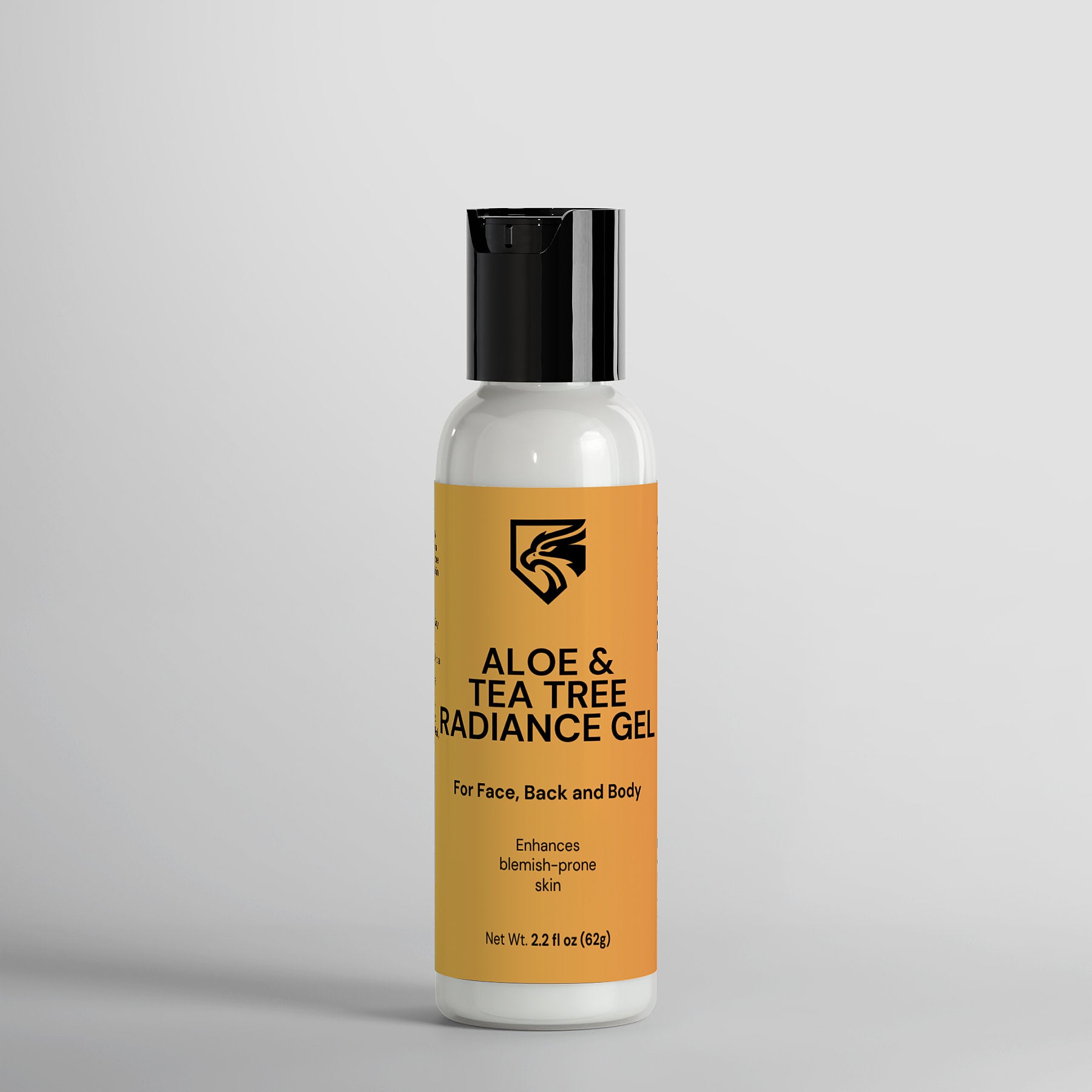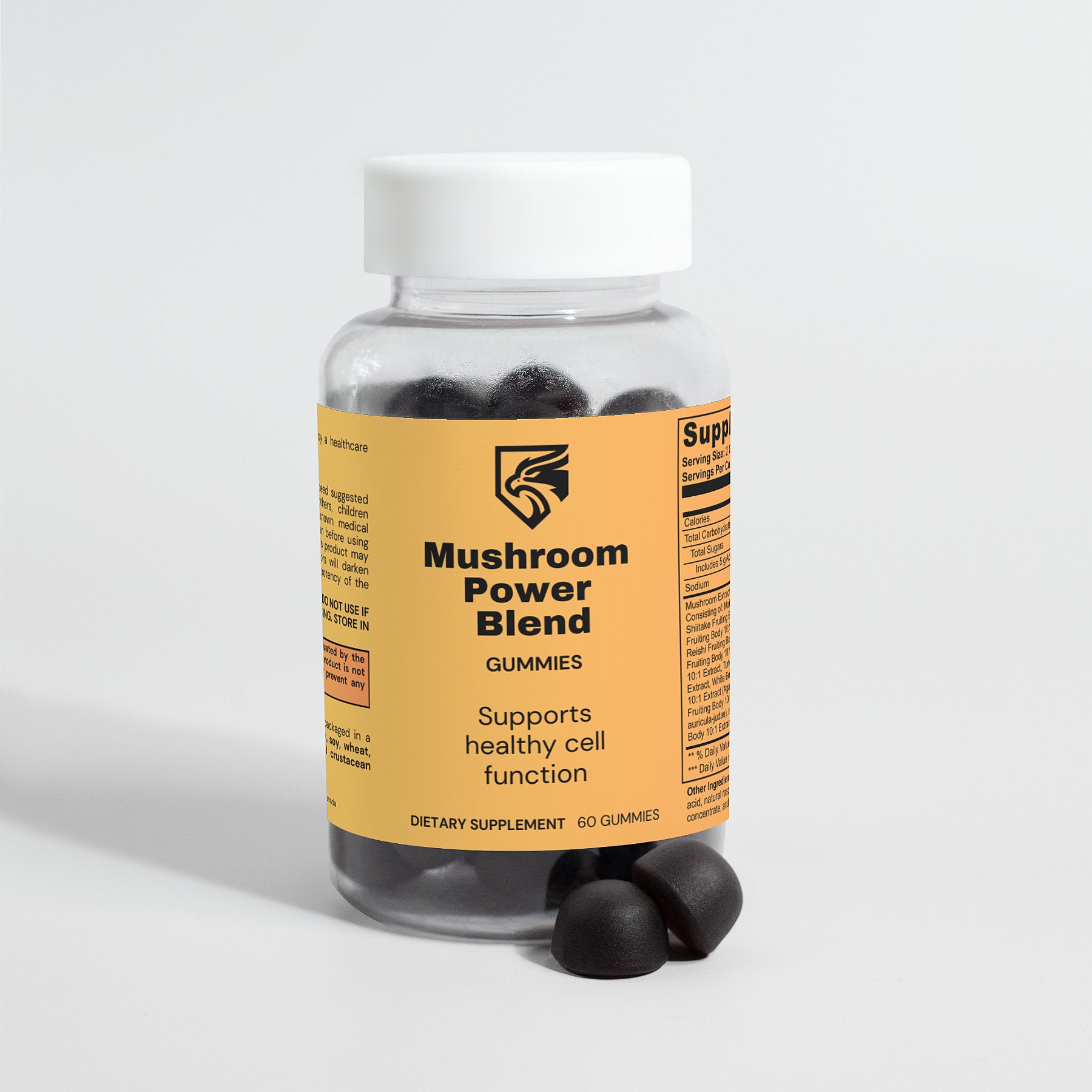Low energy is a pervasive issue that affects countless individuals worldwide. While various factors contribute to this phenomenon, one often overlooked aspect is testosterone levels. Testosterone, primarily known for its role in male sexual characteristics, also plays a crucial role in energy regulation. This article delves into the intricate relationship between testosterone and low energy, shedding light on the mechanisms behind this correlation and exploring potential solutions.
Testosterone, a hormone predominantly produced in the testes in men and in smaller amounts in the ovaries in women, influences numerous bodily functions, including energy metabolism. Research suggests that testosterone deficiency can lead to fatigue, lethargy, and a general lack of vitality. Several mechanisms underlie this association. Firstly, testosterone enhances muscle mass and strength, promoting physical endurance and stamina. Therefore, individuals with low testosterone may experience reduced capacity for physical exertion, leading to feelings of fatigue. Additionally, testosterone influences neurotransmitter activity in the brain, affecting mood and motivation. Low testosterone levels have been linked to symptoms of depression and apathy, which can further contribute to decreased energy levels.
Moreover, testosterone plays a role in regulating sleep patterns, with disruptions in testosterone levels potentially leading to sleep disturbances such as insomnia or poor sleep quality. Since adequate rest is essential for maintaining energy levels, these sleep-related effects of testosterone deficiency can exacerbate feelings of fatigue and exhaustion.
Addressing low energy associated with testosterone deficiency often involves hormone replacement therapy (HRT). HRT aims to restore testosterone levels to normal ranges, thereby alleviating symptoms of fatigue and improving overall energy levels. However, HRT is not without risks and should be undertaken under the supervision of a qualified healthcare provider.
In addition to medical interventions, lifestyle modifications can also play a crucial role in managing low energy levels. Regular exercise, adequate sleep, stress management techniques, and a balanced diet rich in nutrients essential for testosterone production can all contribute to optimizing energy levels naturally.
In conclusion, testosterone deficiency can significantly impact energy levels, leading to fatigue and reduced vitality. Understanding the relationship between testosterone and low energy is essential for implementing effective interventions to address this issue and improve overall quality of life.







Leave a comment
All comments are moderated before being published.
This site is protected by hCaptcha and the hCaptcha Privacy Policy and Terms of Service apply.